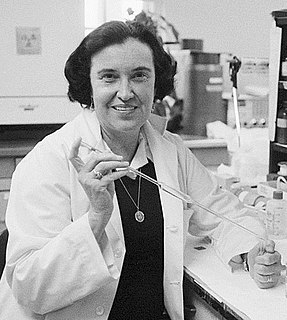A Quote by Gunter Grass
My sister and I did not have our own rooms, or even a place to ourselves. In the living room, beyond the two windows, was a little corner where my books were kept, and other thing - my watercolors and so on. Often I had to imagine the things I needed. I learned very early to read amidst noise.
Related Quotes
I did not always know I would be a writer. Until I had a room of my own, I did not write much at all - no more than any other child who read a lot of books. I began to write fiction and poetry when I first had a room that was truly my own with a door that shut and some measure, however fragile, of privacy.
He who expects from a great name in politics, in philosophy, in art, equal greatness in other things, is little versed in human nature. Our strength lies in our weakness. The learned in books are ignorant of the world. He who is ignorant of books is often well acquainted with other things; for life is of the same length in the learned and unlearned; the mind cannot be idle; if it is not taken up with one thing, it attends to another through choice or necessity; and the degree of previous capacity in one class or another is a mere lottery.
School did give me one of the greatest gifts of my life, though. I learned how to read, and for that I remain thankful. I would have died otherwise. As soon as I was able, I read, alone. Under the covers with a flashlight or in my corner of the attic—I sought solace in books. It was from books that I started to get an inkling of the kinds of assholes I was dealing with. I found allies too, in books, characters my age who were going through or had triumphed against the same bullshit.
We can imagine the books we'd like to read, even if they have not yet been written, and we can imagine libraries full of books we would like to possess, even if they are well beyond our reacher, because we enjoy dreaming up a library that reflects every one of our interests and every one of our foibles--a library that, in its variety and complexity, fully reflects the reader we are.
The rest, with very little exaggeration, was books. Meant-to-be-picked-up books. Permanently-left-behind books. Uncertain-what-to-do-with books. But books, books. Tall cases lined three walls of the room, filled to and beyond capacity. The overflow had been piled in stacks on the floor. There was little space left for walking, and none whatever for pacing.
I learned early that crying out in protest could accomplish things. My older brothers and sister had started to school when, sometimes, they would come in and ask for a buttered biscuit or something and my mother, impatiently, would tell them no. But I would cry out and make a fuss until I got what I wanted. I remember well how my mother asked me why I couldn't be a nice boy like Wilfred; but I would think to myself that Wilfred, for being so nice and quiet, often stayed hungry. So early in life, I had learned that if you want something, you had better make some noise.




































